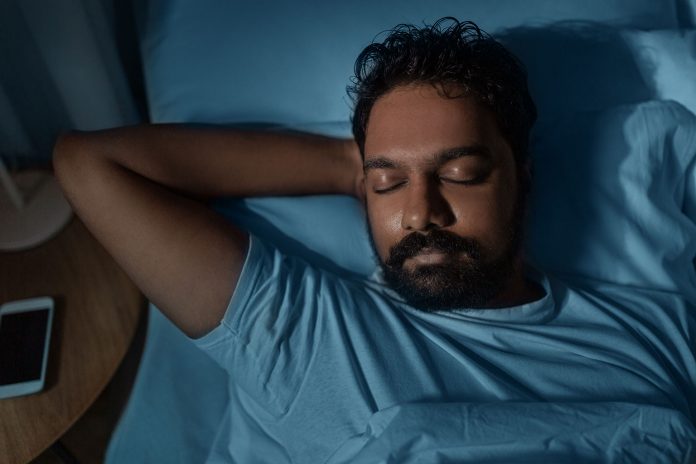Over 68% of American adults struggle with insomnia at least once per week. Sleeplessness is caused by numerous factors, including watching TV, surfing the internet, or eating too close to bedtime. In short, people are not taking enough time to wind down. Sleep affects almost every physical and mental aspect of our lives, which is why it’s so important. Here are a few tricks to establish a bedtime routine for longer and more restful sleep:
1. Relax the body and mind with meditation
Meditation, breathing, and mindfulness can go a long way to solving your sleep issues. Thinking positively can help you to take your mind off of your worries and assist in relaxation. Engaging in breathing techniques and exercises can also help take your focus away from negative or anxiety-inducing thoughts by helping you to focus on your breathing. A trickier aspect of mindfulness requires you to shift your thought processes to stop focusing on issues beyond your control. Acknowledging your worries in a compassionate way, instead of dwelling on them continuously, is important to managing anxiety and getting better sleep.
2. Listening to soothing sounds or music
While you might want to avoid screens and visual stimuli before bed, listening to relaxing sounds and music can actually help your mind find its way to dreamland. Listen to calming classical music and avoid anything too upbeat so that your brain can shut off and get the sleep you need.
3. Avoid alcohol prior to sleep
Avoid alcohol, sugary drinks, and caffeine right before you go to bed. Instead, sipping some warm tea, such as valerian or chamomile, can go a long way in helping to calm you. Combine your warm drink with reading or listening to music to create a cozy, relaxing, and enjoyable atmosphere for winding down.
4. Read before bed
An hour or so before bed is the perfect time to turn off the smartphone, tablet, or Kindle and pick up some physical reading materials. It can also be helpful to begin the reading process in a room apart from the bedroom or at least in a place that is not your bed. Ideally, your brain should associate the bed with only intimacy and sleep.
5. Light therapy
Circadian rhythms and light are said to greatly affect our body’s melatonin production. When you dim the lights before bedtime, it sends out signals to your body for it to start production of sleep-inducing hormones. As such, ensuring that there are no bright screens or lights interfering with melatonin production before bed can be a step towards helping yourself get to sleep faster and stay asleep longer.
6. Lowering body temperature
A dropping body temperature effectively signals to your body that it is time to sleep. Therefore, certain activities, such as having a cool shower right before bedtime or opening a window, can go a long way in helping you fall asleep. You can also speed sleep along by setting your bedroom thermostat between 68-72 degrees Fahrenheit.
7. Have a warm bath
While this might seem to counter the previous point, having a warm bath a couple of hours before bedtime can also do the trick for getting you to fall asleep. Add some bath salts or soothing essential lavender oils for some extra relaxation.


